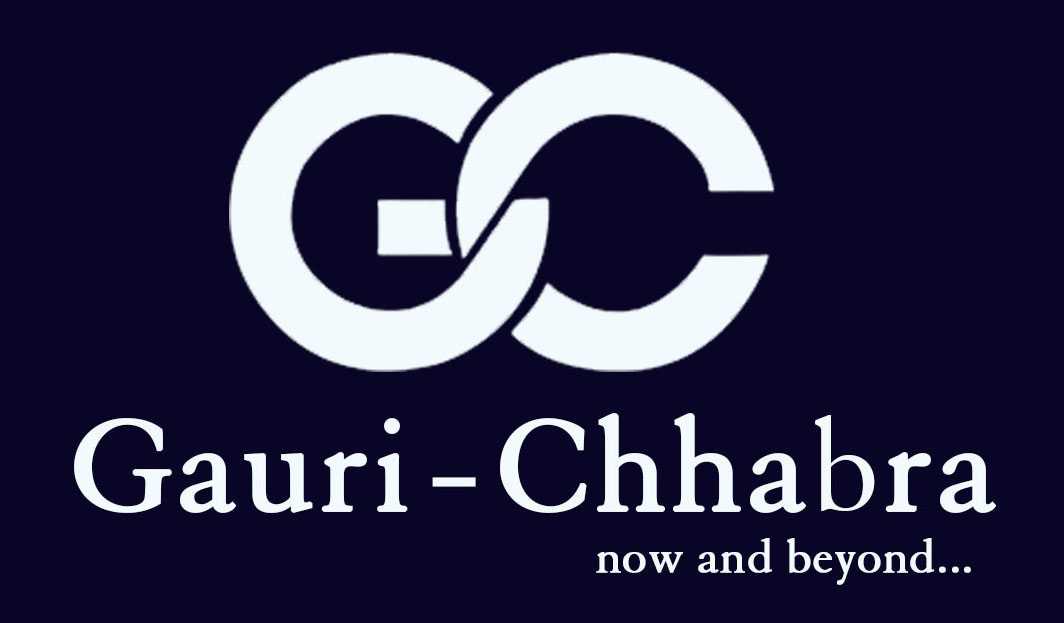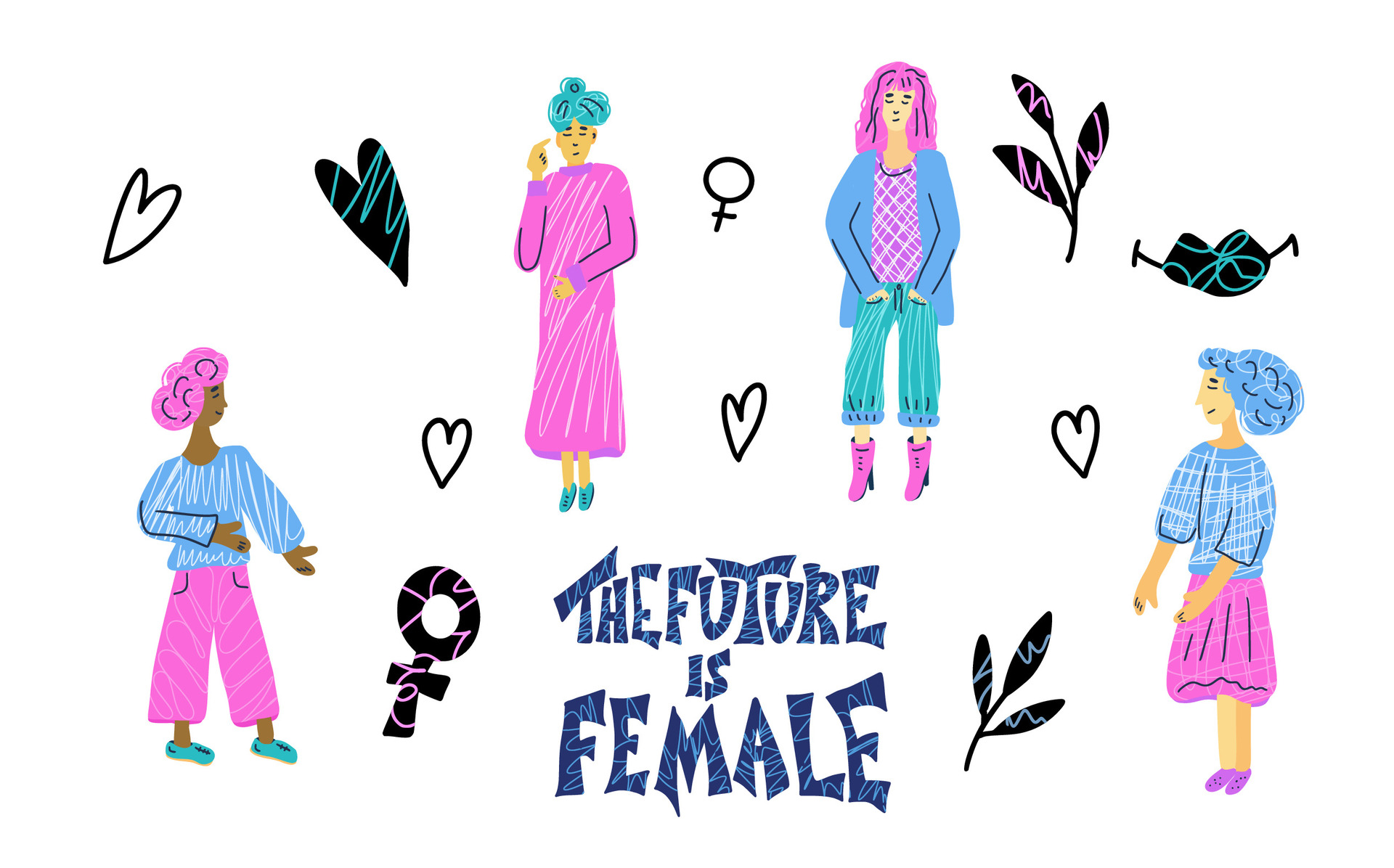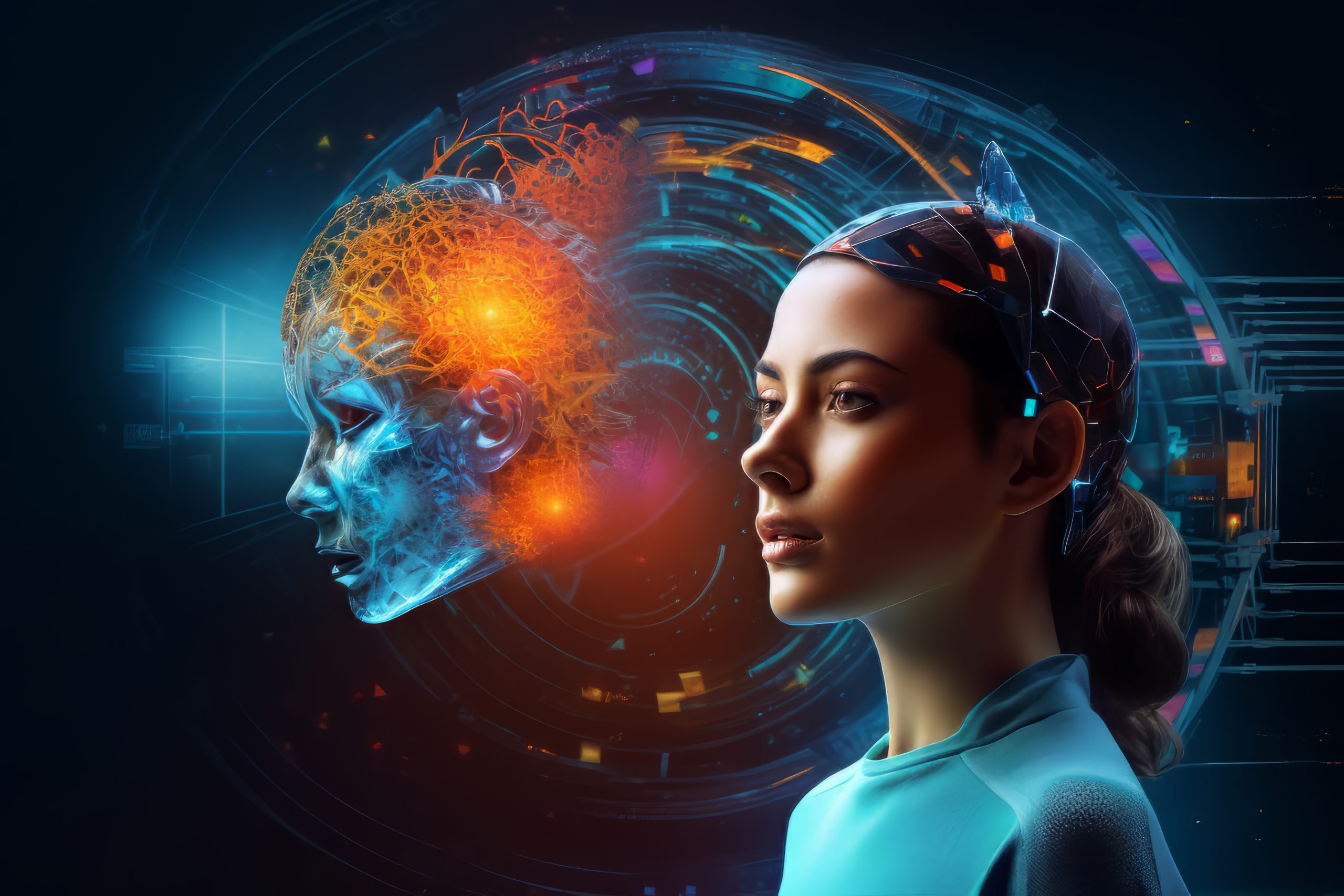Choosing geography as an optional subject for CSE can be the first step to success
If you are looking at the most popular and scoring optional subjects for UPSC Mains exam Geography is one of those subjects owing to the fact that when it comes to all the 3 phases of CSE – Prelims, Mains and Interview, there are quite a few topics that have a commonality.
Another reason for it being a popular choice is due to its high scoring potential. With a clear understanding of concepts and effective presentation skills, candidates can achieve impressive score. It is a subject where the importance of integrating diagrams, maps, and case studies into the answers to enhance clarity and depth cannot be undermined.
Syllabus
Like all the other subjects, Geography Optional Syllabus for UPSC is also divided into two papers, each carrying 250 marks. Paper 1 consists of Principles of Geography, and Paper 2 consists of Geography of India. Overall, it encompasses a broad spectrum of topics like physical geography, human geography, regional development, environmental issues, and the role of geography in India’s economy and society..
Paper I – Principles of Geography covers Physical Geography and Human Geography. Physical Geography entails geomorphology, climatology, oceanography, biogeography, environmental geography, economic geography, population and settlement geography.
Human Geography, on the other hand, talks about Areal differentiation; regional synthesis; Dichotomy and dualism; Environmentalism; Quantitative revolution and locational analysis; Radical, behavioral, human, and welfare approaches; secularisation and Human development index.
Paper-II (Geography of India) broadly covers the physical, economic, social, and political geography of India. It includes the physical setting—India’s location, structure, relief, drainage, climate, monsoons, natural vegetation, soils, and disasters. Resource topics cover land, water, minerals, energy, forests, wildlife, and conservation. Agriculture includes infrastructure, land reforms, cropping patterns, Green Revolution, livestock, allied sectors, and agro-climatic regions. Industrial geography covers the evolution, location, and distribution of key industries, industrial policy, SEZs, and tourism. Transport and trade focus on transport networks, ports, trade policy, and IT developments. The social setting examines population distribution, diversity, tribes, migration, and health. Settlements include rural and urban patterns, city classification, slums, and urban planning. Regional planning covers development programs, decentralized planning, and special area planning. Political aspects deal with federalism, state reorganization, interstate issues, boundary problems, and India’s geopolitical role. Contemporary issues include environmental hazards, pollution, land use changes, sustainable development, and impact of globalization on India.
How to Prepare?
Concept clarity through NCERT
This is for all aspirants whether you are appearing this time or plan to do that in the near future, NCERT is the best bet. Go through the
NCERTs as it is easy and simple to understand and clarify the concepts.
Visualization through maps and diagrams
Geography can become real gold if you couple all your answers with maps and diagrams. It would not only bring about conceptual clarity but also fetch you more marks. However, to do so, you need to couple them with maps and practice consistently. A preparation of region-wise and theme-wise maps would help.
Establish links
Establishing linkages not only cement your understanding but also help you in preparing for both Mains and the interview. You may establish static portions with the dynamic current events and make it a living document while preparing for the exam. Each time you come across a current affair linked to a static topic, you may add it to the document you’ve prepared.
Also, establishing linkages between paper 1 and paper 2 is essential for concept enrichment and subsequently more marks.
Deep dive and do a surgical strike at previous year’s papers
Even at the cost of repetition, go through the previous year’s papers using a biforked strategy – deep dive and analyse the topics that are frequently repeated. Also do a surgical strike at the micro differences in the way they are being asked. This practice would create a simulated environment and build confidence in you.
Standard books for reference
You can start with NCERT textbooks and then move some of the books given below:
- NCERT Class 11th and 12th
- Certificate Physical and Human Geography by GC Leong
- Physical Geography By Savindra Singh
- Indian Geography by D R Khullar
- Human Geography by Majid Hussain
- Models and Theories by Majid Hussain
- Geographical Thought by RD Dikshit
Summing up
Therefore, if you wish to strike real gold in UPSC Mains, Geography is the best option.











